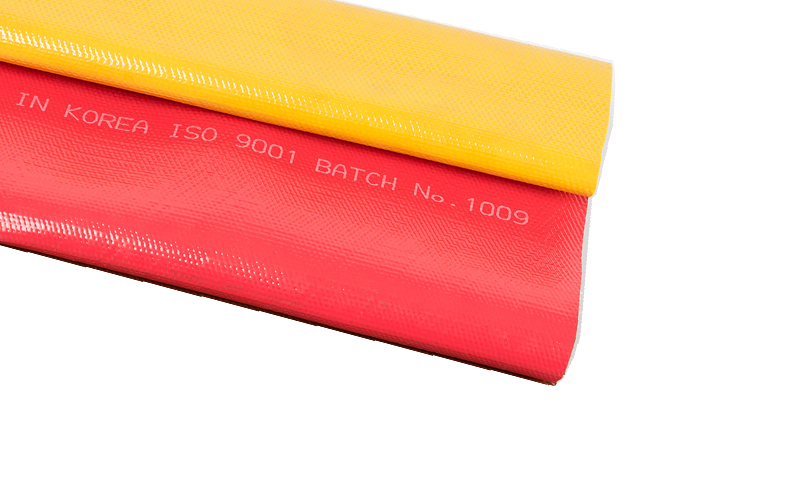
Understanding Chemical Suction Hose: A Comprehensive Guide
Chemical handling and transportation in various industries require specialized equipment to ensure safety, efficiency, and reliability. One crucial component in this process is the chemical suction hose. It plays a vital role in transferring chemicals from one point to another, whether within a facility or during transportation. In this blog, we’ll delve into the world of chemical suction hoses, understanding their functions, types, applications, and key considerations when choosing one for your specific needs.
What is a Chemical Suction Hose?
A chemical suction hose is a flexible and reinforced tube designed to handle the transfer of a wide range of chemicals, solvents, acids, and bases. It’s constructed to withstand the potentially corrosive and abrasive nature of the substances being transported. The main goal of a chemical suction hose is to provide a safe and efficient way to transfer these chemicals without any contamination or compromise in the integrity of the material.
Functions of a Chemical Suction Hose
-
Chemical Transfer:
The primary function of a chemical suction hose is to transfer chemicals from one location to another. Whether it’s in a manufacturing facility, laboratory, or during transportation, these hoses are essential in maintaining the integrity of the chemicals being moved.
-
Resistance to Chemicals:
Chemical suction hoses are designed to resist the corrosive effects of various chemicals. This ensures the hose itself remains intact and does not contaminate the chemicals being transported.
-
Flexibility and Durability:
These hoses need to be flexible enough to navigate different spaces and durable enough to withstand the wear and tear associated with chemical handling.
-
Suction and Discharge:
The hose needs to have adequate suction capabilities to efficiently draw in the chemicals and then facilitate their discharge at the required location.
Types of Chemical Suction Hoses
Chemical suction hoses come in various types based on their materials, structure, and intended applications:
-
Material Based:
- Polyvinyl Chloride (PVC) Hoses: These are lightweight and economical options suitable for less aggressive chemicals.
- Rubber Hoses: Known for their durability and resistance to a wide range of chemicals.
-
Reinforced Hoses:
- Wire-Reinforced Hoses: These hoses have a wire helix for added strength and are suitable for heavy-duty applications.
- Fabric-Reinforced Hoses: Typically used for medium-duty applications, offering a balance between flexibility and strength.
Applications of Chemical Suction Hoses
Chemical suction hoses find applications across various industries:
-
Chemical Manufacturing:
These hoses are used to transfer raw materials and finished products within chemical manufacturing plants.
-
Agriculture:
Farmers use chemical suction hoses to transfer fertilizers and pesticides to ensure healthy crop growth.
-
Pharmaceuticals:
Pharmaceutical industries utilize chemical suction hoses to transfer and handle various chemicals and pharmaceutical ingredients during production.
-
Waste Management:
Chemical suction hoses aid in the safe and efficient transfer of hazardous waste materials.
Considerations when Choosing a Chemical Suction Hose
-
Chemical Compatibility:
Ensure the hose is compatible with the specific chemicals it will handle to prevent degradation or contamination.
-
Pressure and Temperature Ratings:
Select a hose that can withstand the pressure and temperature conditions of your application.
-
Size and Length:
Choose the appropriate diameter and length of the hose to meet your operational requirements.
-
Reinforcement Type:
Depending on the application, decide between wire-reinforced or fabric-reinforced hoses for the required strength.
In conclusion, chemical suction hoses are essential components in safely handling and transporting chemicals across various industries. Understanding their functions, types, applications, and the critical factors to consider when choosing one will help ensure the efficient and safe transfer of chemicals, contributing to the overall success and safety of industrial operations.











